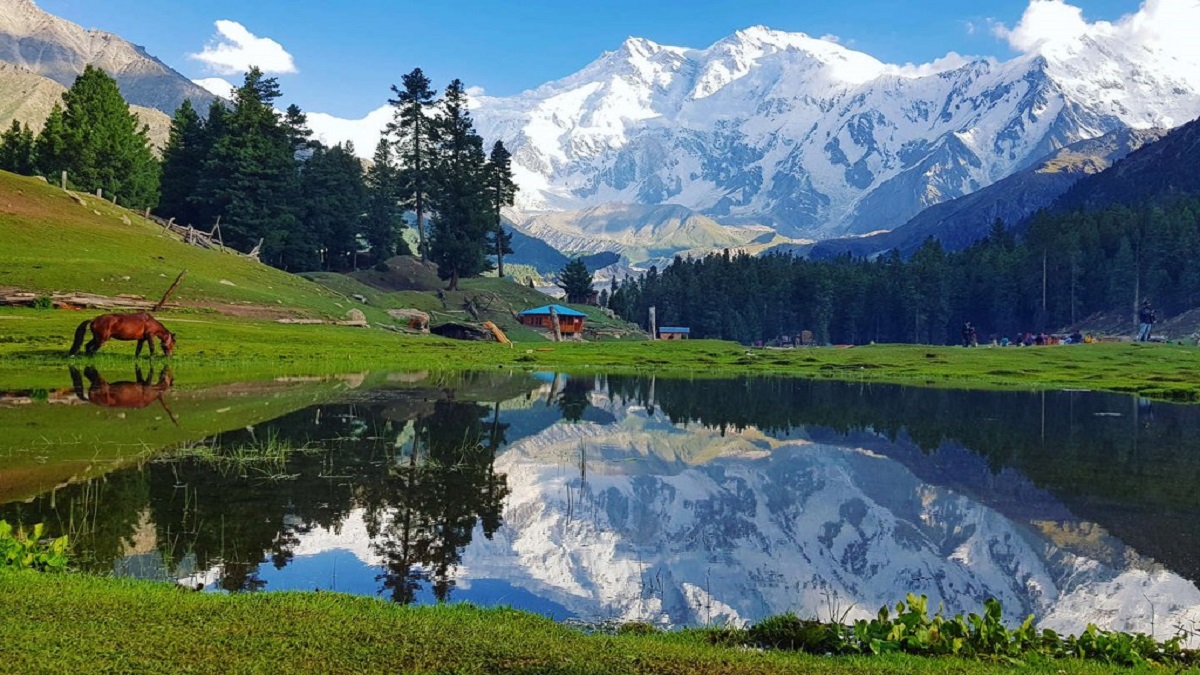Khyber-Pakhtunkhwa Chief Minister Mahmood Khan has stated that his government’s goal is to put KPK on the global tourism map.
The CM emphasized that his administration has worked tirelessly to promote tourism as an industry, making the province a national and international tourist destination.
He stated that the current provincial government has established a model of sustainable development in the province in order for it to become financially self-sufficient and contribute to the national exchequer.
In a statement issued here by the Chief Minister Secretariat, Khan stated that the PTI believes in institutional empowerment rather than relying on individuals, and that institutional empowerment is the only way to ensure sustainable development and the establishment of a welfare state. Because of long-term planning, KP province has been set on a path of development that will position the province as a model for national development.
Various initiatives have been undertaken to exploit the natural resources available in the province, with the wheeling model receiving special attention. The availability of low cost electricity has made KPK an appealing location for national and international investors looking to establish small and large industrial units.
Read More: KP approves three Integrated Tourism Zones projects that will cost Rs 12.2 billion
The chief minister insisted that, despite various constraints and challenges, the provincial government had completed the difficult task of integrating the former FATA province into the province.
He went on to say that apart from tourism, a number of initiatives have been launched in newly merged districts as part of a well-planned strategy to address their long-standing deprivation.
He clarified that the current administration has also made significant investments in the preservation of our moral, cultural, and Islamic values, and that these initiatives will strengthen our national identity in the community of nations.
The introduction of Islamic teaching in schools through the translation of the holy Quran and the payment of honoraria to prayer leaders and religious leaders of minorities deserve special mention here because it has ensured their financial independence.



























